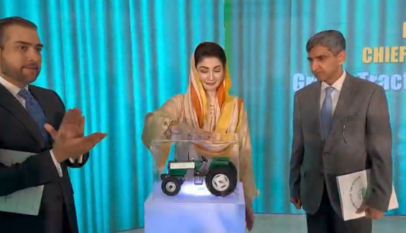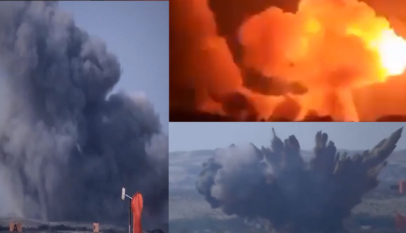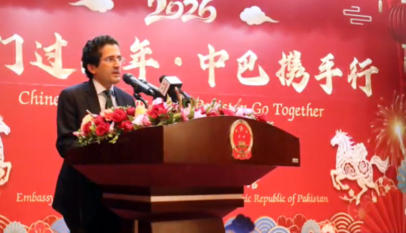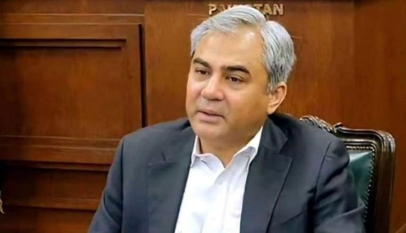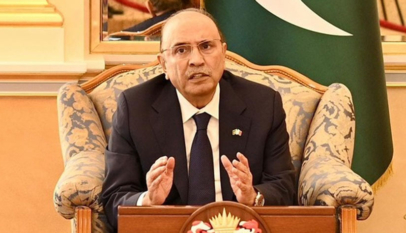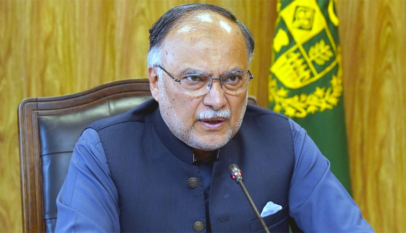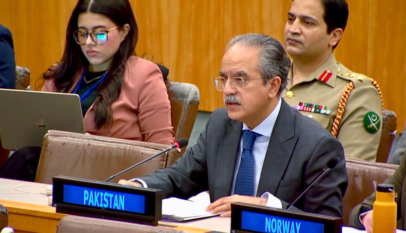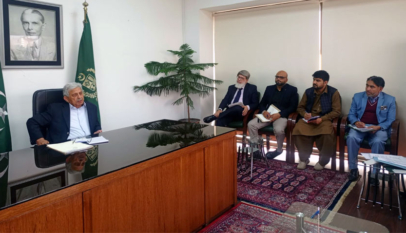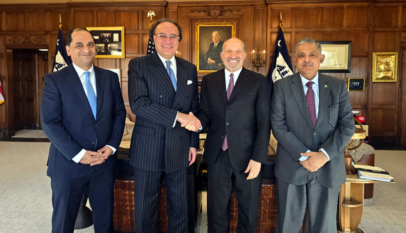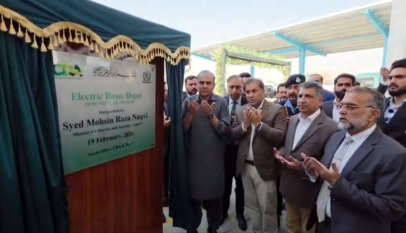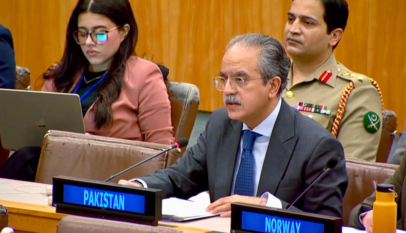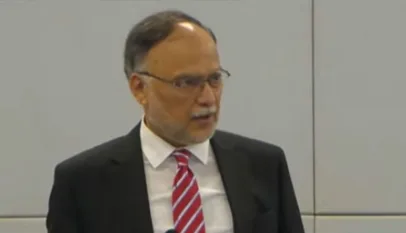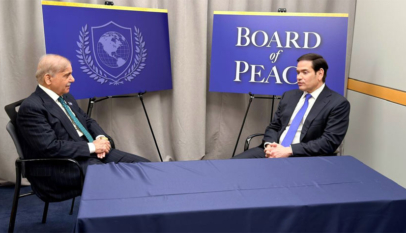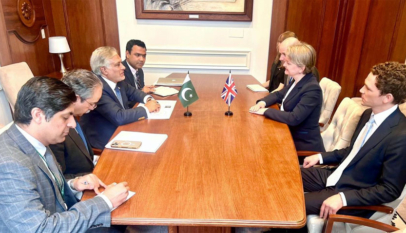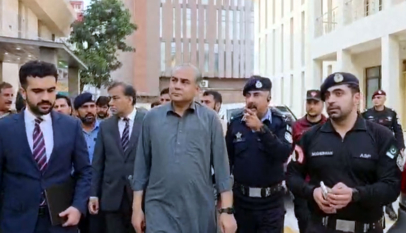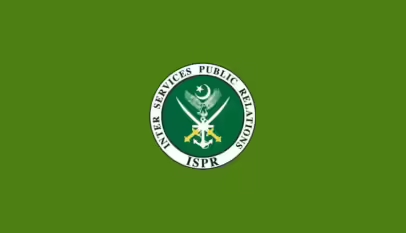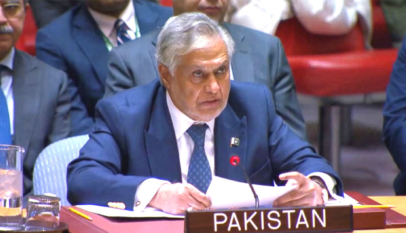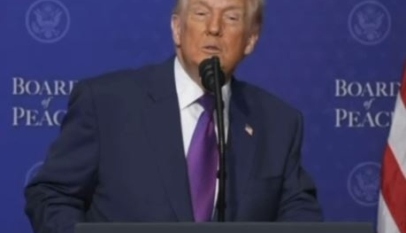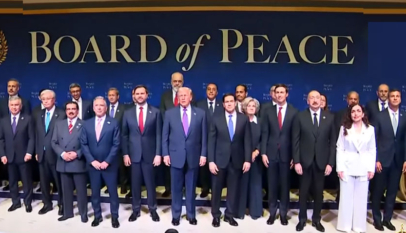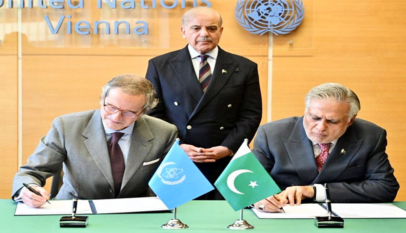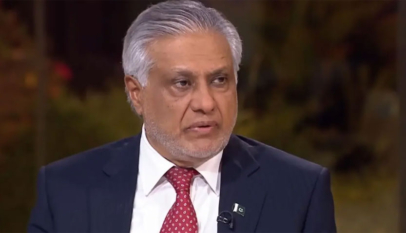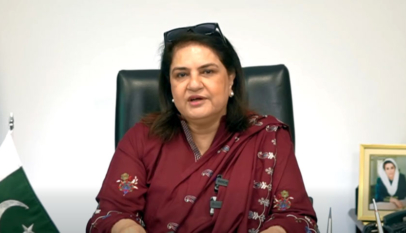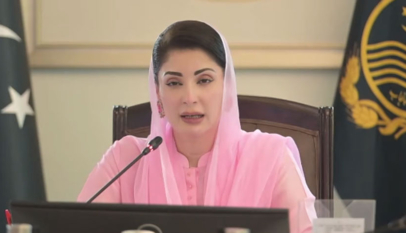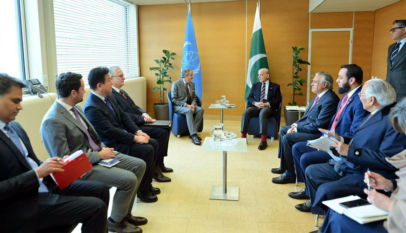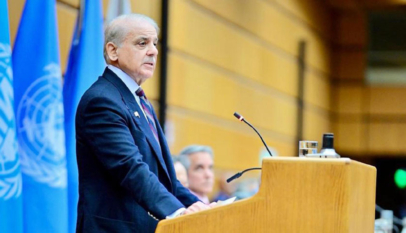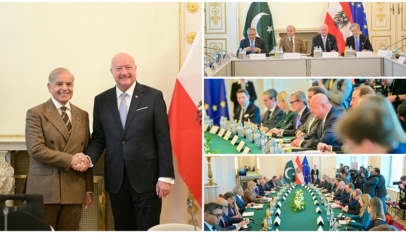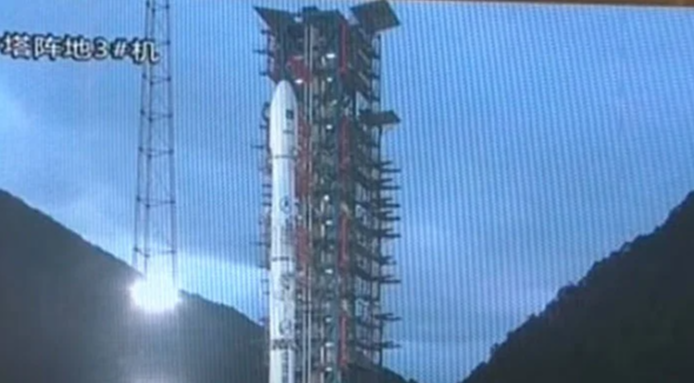
Prime Minister Shehbaz Sharif has congratulated the entire nation on the momentous occasion of the launch of Pakistan’s second communication satellite, Paksat MM1.
In a statement today, he said this remarkable achievement marks a significant advancement in our space and communication capabilities.
The launch of Paksat MM1 from China’s Xichang Satellite Launch Centre is a testament to the strong collaboration and partnership between our two countries.
The Prime Minister said it is through such cooperative endeavors that we can propel our nation forward and harness the power of technology for the benefit of our people.
The Prime Minister said he is particularly excited about the potential impact of Paksat MM1 on internet connectivity across Pakistan.
With its state-of-the-art communication technology, this satellite promises to revolutionize our digital landscape and provide the fastest internet facility throughout the country.
This will not only enhance the lives of our citizens but also contribute to the promotion of economic activities, e-commerce, and e-governance.
The positioning of Paksat MM1 in a geostationary orbit 36,000 kilometers above Earth is an impressive feat that showcases our nation’s scientific and technological prowess.
The Prime Minister said this achievement would not have been possible without the dedication and hard work of the talented individuals at the Space and Upper Atmosphere Research Commission and all those involved in this mission.
He extended his sincere gratitude to each and every one of them for their unwavering commitment.
He said the launch of Paksat MM1 is a testament to our nation’s potential and the bright future that lies ahead.
Congratulating the nation, Planning Minister Ahsan Iqbal, who was present at the launch site in China, said the satellite will provide important connectivity to Pakistan from the orbit.
He expressed the hope that the launch will be another milestone in Pakistan’s space journey and the day is not far when we will launch our satellites from our own rockets.



